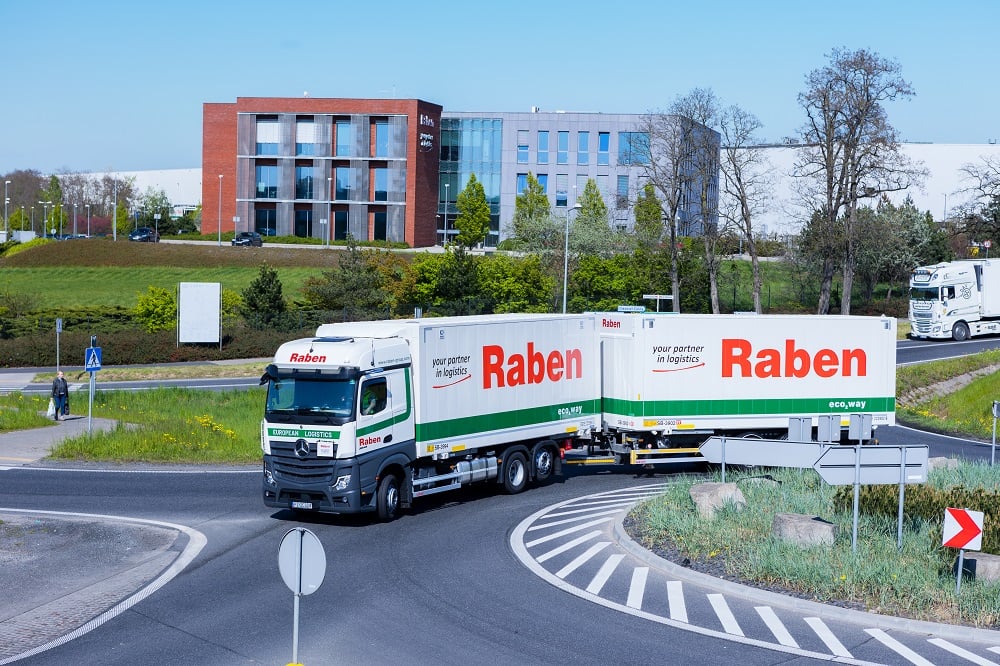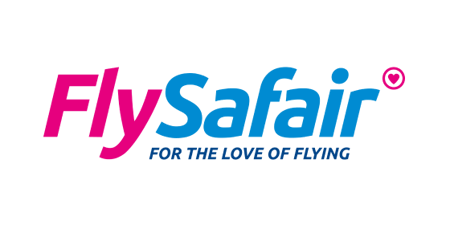
Client:FlySafair
Region:Europe
Industry:Transportation & Logistics
Taking flight with automated efficiency

7
automations
2
software robots
Client Overview
Launched in 2014, FlySafair is South Africa’s favorite low-cost airline, flying to 14 cities throughout the country and further afield across the continent. From the first commercial flight, its low fares disrupted the local travel market bringing down the average cost of air travel by as much as 32 percent, allowing many more South Africans to take to the skies.
Partner
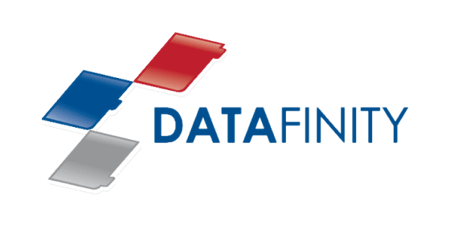
While FlySafair, a brand owned and operated by Safair Operations (Proprietary) Limited, is relatively young, it has a long history. Safair has been transporting large, bulky cargo across Africa since 1965. Its famous Lockheed Hercules L100-30C planes have carried everything from essential medical supplies to small fire engines, landing at international airports and short dirt runways alike.
This heritage provided the expertise needed to corner the market for low-cost air travel a decade ago. FlySafair now welcomes nine million passengers onboard every year. Doing so requires meticulous planning, water-tight processes, and endless systems to ensure the many moving parts of the commercial airline work in unison to keep customers moving.
Eswee Vorster is FlySafair’s executive manager and CIO. “Running an airline means constant innovation, and innovation to me means doing the basics brilliantly, using technology to ensure people and processes work seamlessly. This allows us to provide a hassle-free experience for customers.”
One of the innovations FlySafair introduced in 2023 was automation. “We were outgrowing manual processes. There were too many people doing repetitive work that couldn’t scale. We needed automation to build internal efficiencies and maintain our focus on passengers.”
Finding a partner
To make this a reality, FlySafair needed help from UiPath. “We’re not automation experts. We’re aviation specialists. So, we went through a procurement process to find a UiPath partner,” Vorster explains. “We’re very meticulous about who we work with. We chose Datafinity, a Gold Partner in the UiPath South African automation implementation ecosystem. It has a like-minded team that shares our values and has been an excellent support.”
With the right technology and partner in place, Vorster began exploring processes to automate. “We looked for small opportunities at first. We wanted to build a proof of concept to illustrate the value of automation to the company.”
In doing so, Vorster was keen to collaborate with operational staff.
We didn’t want to impose the technology on people. We wanted them to volunteer the mundane and monotonous work they needed help with.
Eswee Vorster • Executive Manager and CIO at FlySafair
The team was inundated with options. “We ran process assessments and picked out the most suitable ideas with help from Datafinity using a clear governance structure.”
Automation takes off
“The very first automation supported our booking process and had a direct impact on customer satisfaction,” he says. “Our system doesn’t allow for people to create large bookings online. Employees had to do it manually.”
Prior to automation, this took half an hour. The robot slashed the time taken to five minutes per booking. “The next automation related to invoicing,” Vorster continues. “We partner with other airlines to offer onward flights. This requires billing the partners for our leg of the journey. We automated this, reducing the hours spent while also protecting income.”
Vorster is keen to point out that staff were delighted with the impact. “The reception was great. We were taking boring work away from people so they could focus on checking invoices and providing clients with a great service.”
The third automation soon followed. “We often hold flash sales,” Vorster explains. This led to a huge influx of bookings. “We had to manually check on the status of the sale and upload files to show management that everything was going as planned. We needed to show trends, detect problems and ensure payments were seamless. We automated the process.” This not only reduced manual workload, but improved speed, resulting in real-time monitoring.
FlySafair now has two unattended intelligent robots working on seven automations, which are bringing huge value to the business. When asked how he measures success, Vorster says, “At the moment, we’re focused on qualitative outcomes. Are people responding well to the technology? Are we seeing fewer colleagues working long hours? Do they get excited about the prospect of automation? We’re considering how to measure tangible results now that we’ve got a feel for the software. It’s important to remember that we’ve only been doing this for a year.”
Gaining acceptance
Vorster says getting his senior colleagues onboard with automation was surprisingly easy. “We avoided talking in jargon or attempting to explain it using words alone, because the concept of automation can be difficult to grasp at first.”
“We built a demonstration, which showed a robot at work in a sandbox environment. My colleagues could see it operating at incredible speed on the screen, using the same interface as a human, but so much faster. They were instantly sold on the idea.” The adage of ‘seeing is believing’ certainly worked.
Leaders were able to go to their teams and introduce automation and the excitement levels were very high.
Eswee Vorster • Executive Manager and CIO at FlySafair
But there was one trump card he played to truly ignite a passion for technology.
“Some of the employees working at FlySafair have been here for many years. We thought about what would resonate with them. So, we collectively named our robots, Hercules,” Vorster says. It was relevant, harking back to the history of Safair’s heavy-lifting cargo planes, illustrating how automation would bring the same robust and reliable capacity to the business. “When we told colleagues, their eyes lit up,” he says with a smile.
All of this is built on strong foundations. “We’re fortunate to have a culture that values innovation and improvement. It’s part of our DNA. When we speak to colleagues about new technology, they know it’s going to improve their work, not threaten their job,” he continues.
Jetting toward the future
When considering what’s on the horizon for automation at FlySafair, Vorster says, “We’re entering phase two of our journey. Our vision is to dream big, but we want to be cautious. We need to constantly look at where we started and see how it’s going, staying focused on low-hanging fruit, taking practical steps and not getting ahead of ourselves.”
The plan is to extend the use of automation in the back office to improve efficiency and help the business scale without the associated growth costs. In doing so, the teams considered AI and machine learning. The airline also wants to explore automating some elements of administration for technical aircraft maintenance.
Also, there’s a major focus on strong governance. Both in terms of how the team implements automation and how it’s documented. “We are firm believers in documenting everything we do and how the robots work. This ensures we stay in control of processes and keep knowledge within the business. It’s crucial,” Vorster warns.
Learning from FlySafair’s experience
When asked what advice he’d give to other businesses embarking on an automation plan, Vorster says, “Airlines are complex. There’s lots of legacy technology, so our approach to automation is quite specific.” By this, he means robots need to sit over the top of existing systems to either reduce manual work or to integrate two pieces of older software through their user interfaces.
Start with a thorough assessment of all processes to see if they’re suitable for automation. Then bring in external expertise and collaborate with a partner who knows how to get going. Don’t try to go it alone.
Eswee Vorster • Executive Manager and CIO at FlySafair
Echoing his commitment to documentation, he adds, “Invest in strong governance from the start to ensure your automation program runs smoothly. Also, start small and grow gradually, finding quick wins”
His final point is to embrace innovation. “Have an open mind, experiment, but control costs. Automation is an excellent way to do that because it drives operational excellence. You can try new ways of working without a significant investment.” Which is vital for a low-cost airline striving to keep costs to a minimum while achieving profitable growth.
Running an airline isn’t easy, especially when passenger numbers haven’t returned to their pre-pandemic levels. Some might say it’s a Herculean task. Luckily, the Hercules robots are on hand to do the heavy lifting for FlySafair as it goes from strength to strength.

